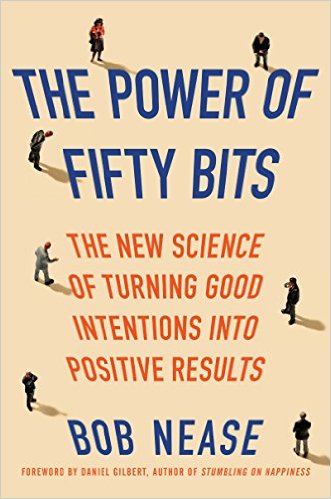 This article from The New York Times suggests that we need a cultural shift around healthcare in the United States. Despite our intuition, more is not better. Can we import frugal chic into our medical care? It’s up to us.
This article from The New York Times suggests that we need a cultural shift around healthcare in the United States. Despite our intuition, more is not better. Can we import frugal chic into our medical care? It’s up to us.
Scholars have been applying comparative-effectiveness research to Medicare for years, and the verdict is not altogether pretty. It turns out that some regions spend more on Medicare than others — sometimes two or three times as much, as documented by the Dartmouth Atlas Project. Yet the higher-spending regions often fail to produce superior healthcare results.
Robin Hanson, professor of economics at George Mason University, surveys evidence demonstrating the ineffectiveness of many medical expenditures in his 2007 paper, “Showing That You Care.”
If we are willing to take comparative-effectiveness studies seriously, we could make significant cuts in Medicare costs right now. We could cut some reimbursement rates, limit coverage for some of the more speculative treatments, like some forms of knee and back surgery, and place more limits on end-of-life-care.
Those cuts alone will not solve the fiscal problem, but if we aren’t willing to take even limited steps to conserve resources, we shouldn’t be spending any more money elsewhere.
Of course, we have not made such Medicare spending cuts yet, and there are few signs that we will. A Kaiser Family Foundation poll found that 67 percent of Americans believe that they do not receive enough treatment and that only 16 percent believe that they have received unnecessary care. If the Obama administration covers more people with government-supplied or government-subsidized insurance, the political support will broaden for generous benefits, their continuation and, indeed, expansion of current expenditures.
(Note: this entry originally appeared at consumerology.com)

